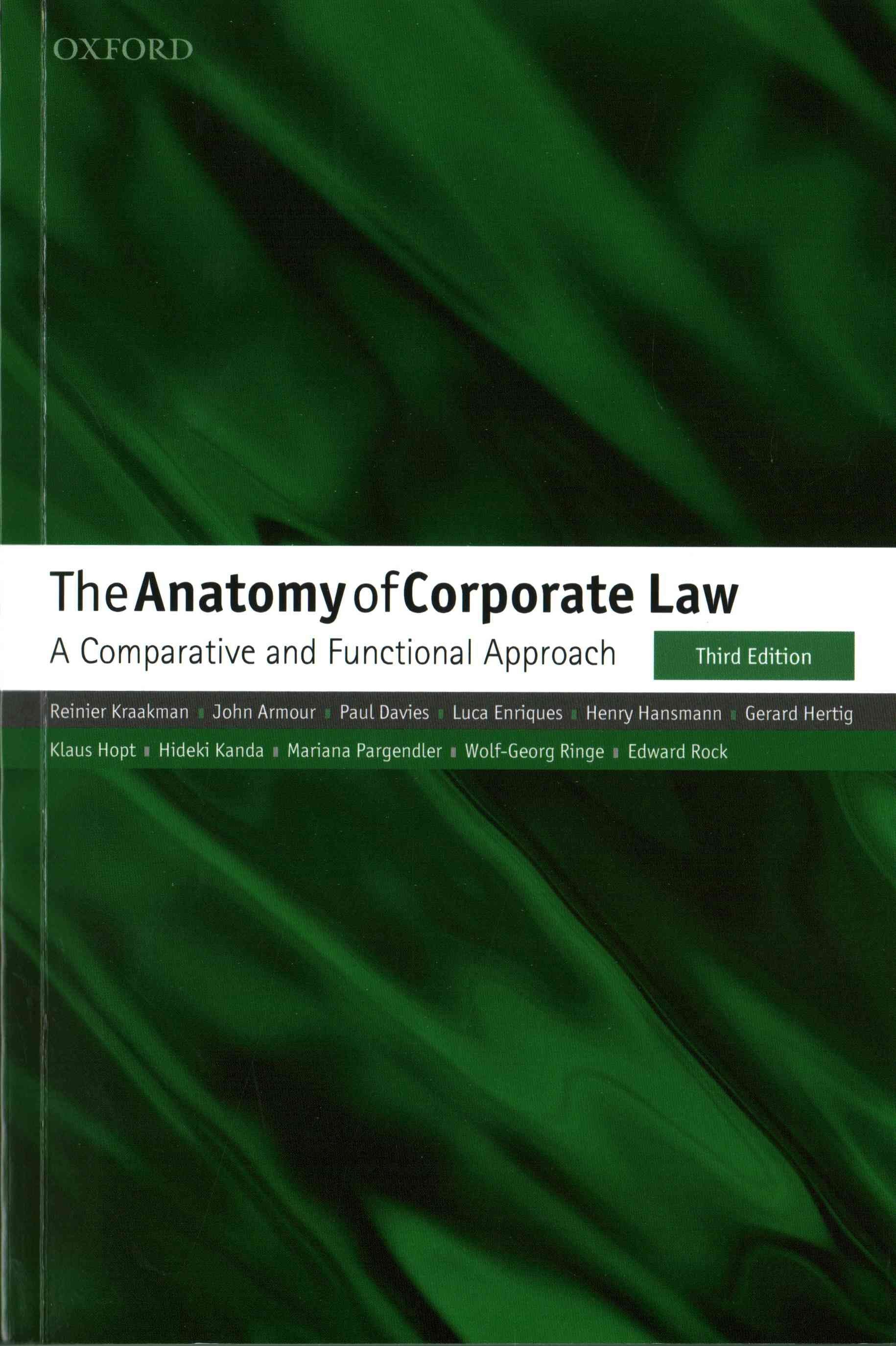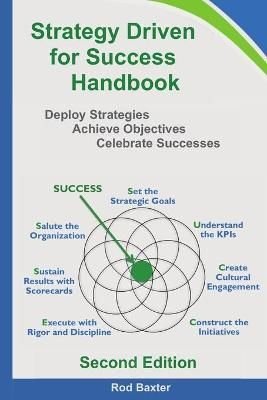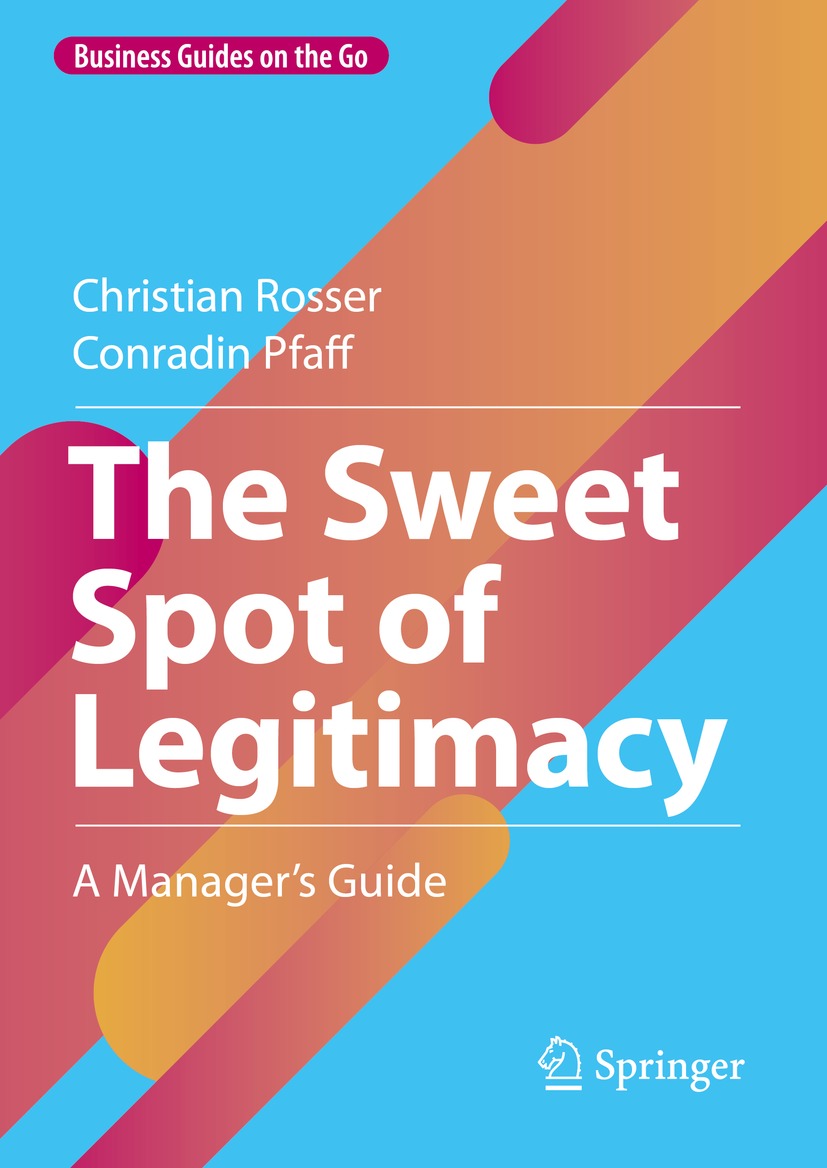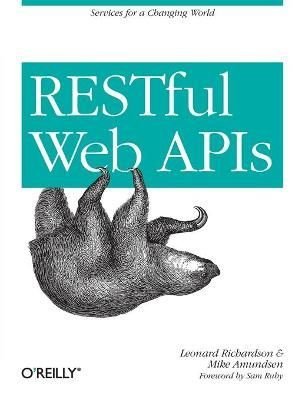Since the first edition was published in 2003, an enormous amount of research into Asperger Syndrome (AS) and autism spectrum disorders has been conducted. New genetic and epigenetic theories, updated findings on viable therapies, and targeted skill-building programs provide a solid foundation of information for professionals to use in practice and impart to concerned families. The Second Edition of Asperger Syndrome synthesizes the current state of the field, beginning with the controversy over the proposed linking of the condition with autism in the DSM-5. This comprehensive guide gives readers a deeper understanding of the disorder, detailing the effective strategies and therapies available to improve the lives of young people with AS and ensure their successful transition from childhood to adolescence to adulthood. Focusing on core deficit and treatment areas, expert contributors analyze the evidence base on behavioral and pharmacological interventions as well as educational strategies geared toward bolstering cognitive and social skills. In addition to epidemiology, etiology, diagnosis, and assessment, this volume offers the most current information on: Counseling and other therapeutic strategies for children with AS and their families. Early intervention for children and youth with AS. Social skills instruction for children with AS. Evaluating evidence-based instruction for children with AS. Comprehensive education-based mental health services for students diagnosed on the autism spectrum. Practical advice for families, from a parent of a child with AS. The Second Edition of Asperger Syndrome is an essential reference for researchers, clinicians, and scientist-practitioners in clinical child, school, and developmental psychology; child and adolescent psychiatry; education; rehabilitation medicine/therapy; social work; and pediatrics.












